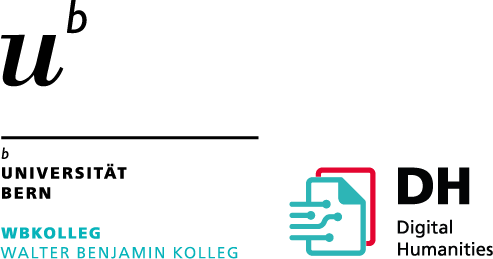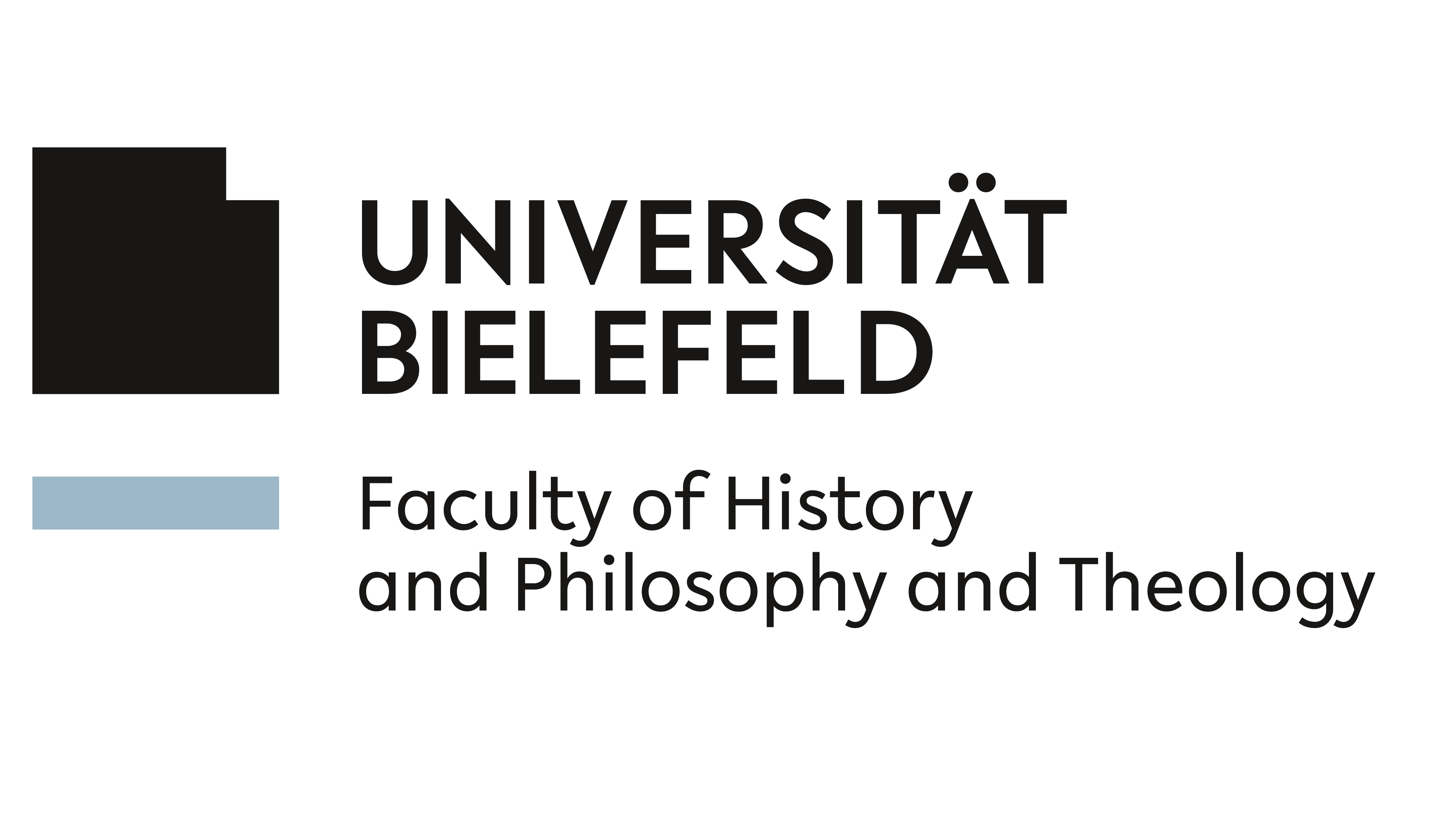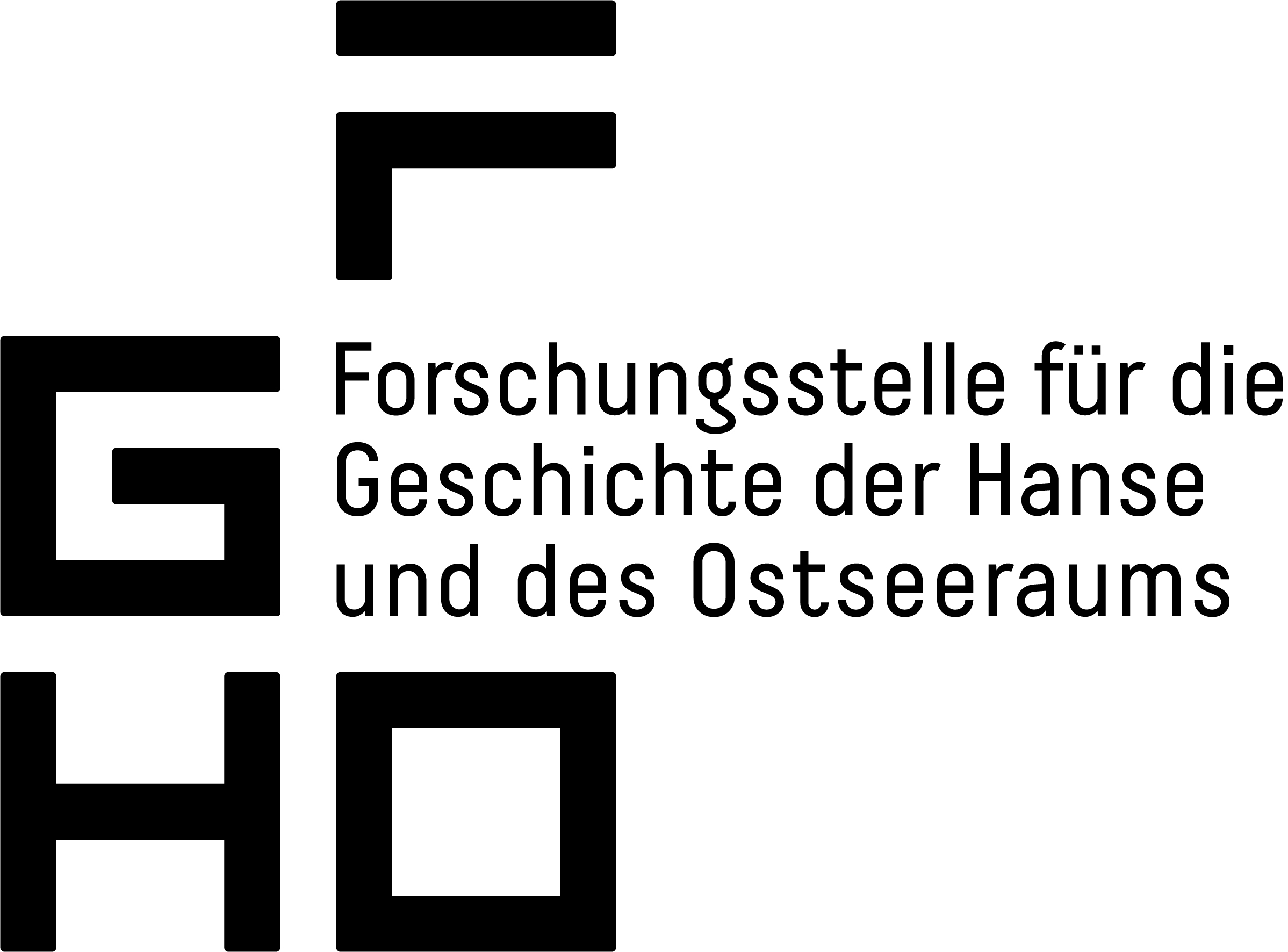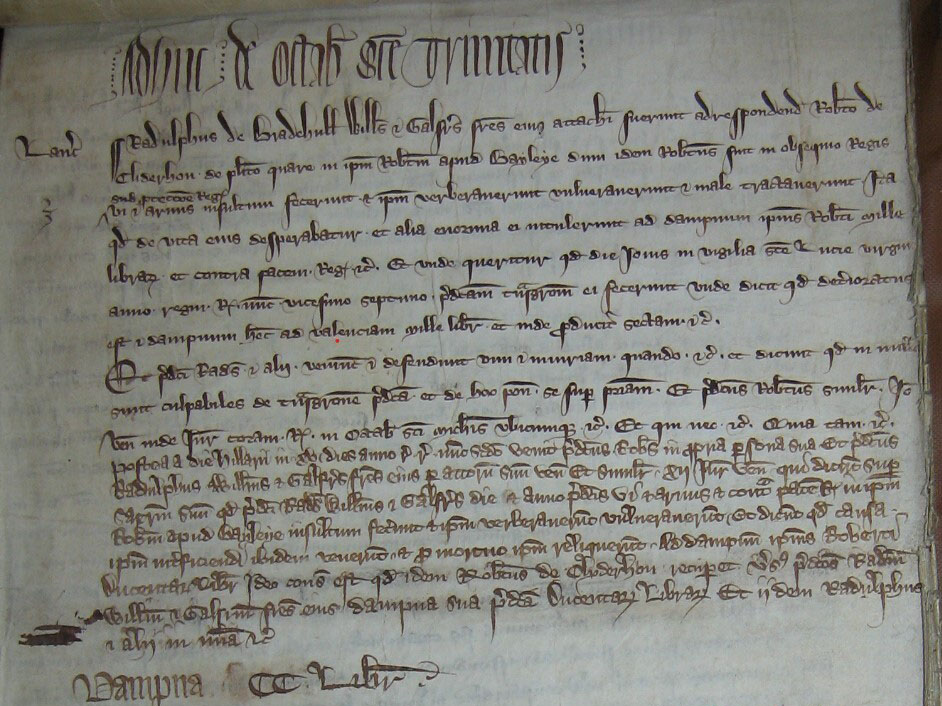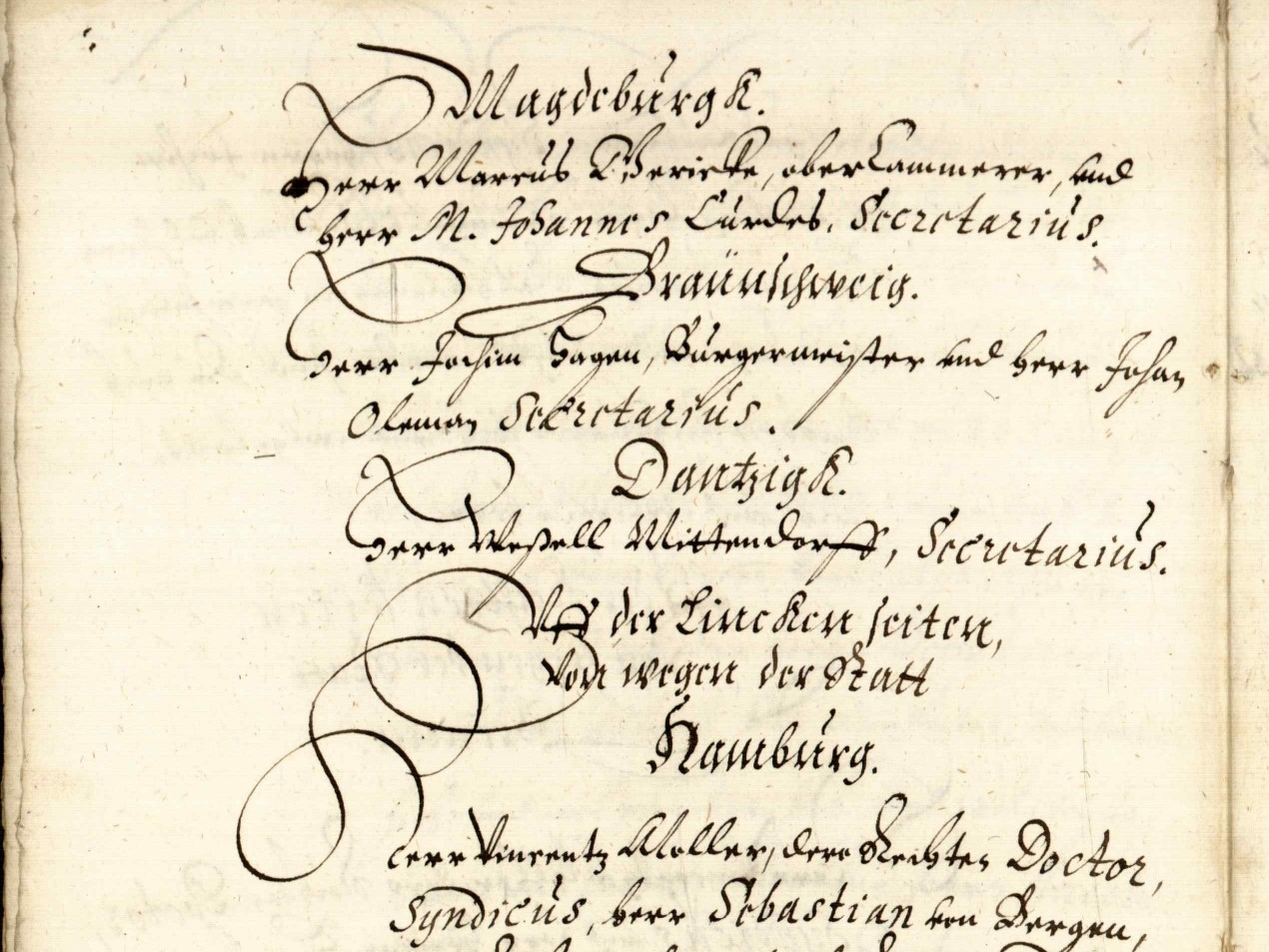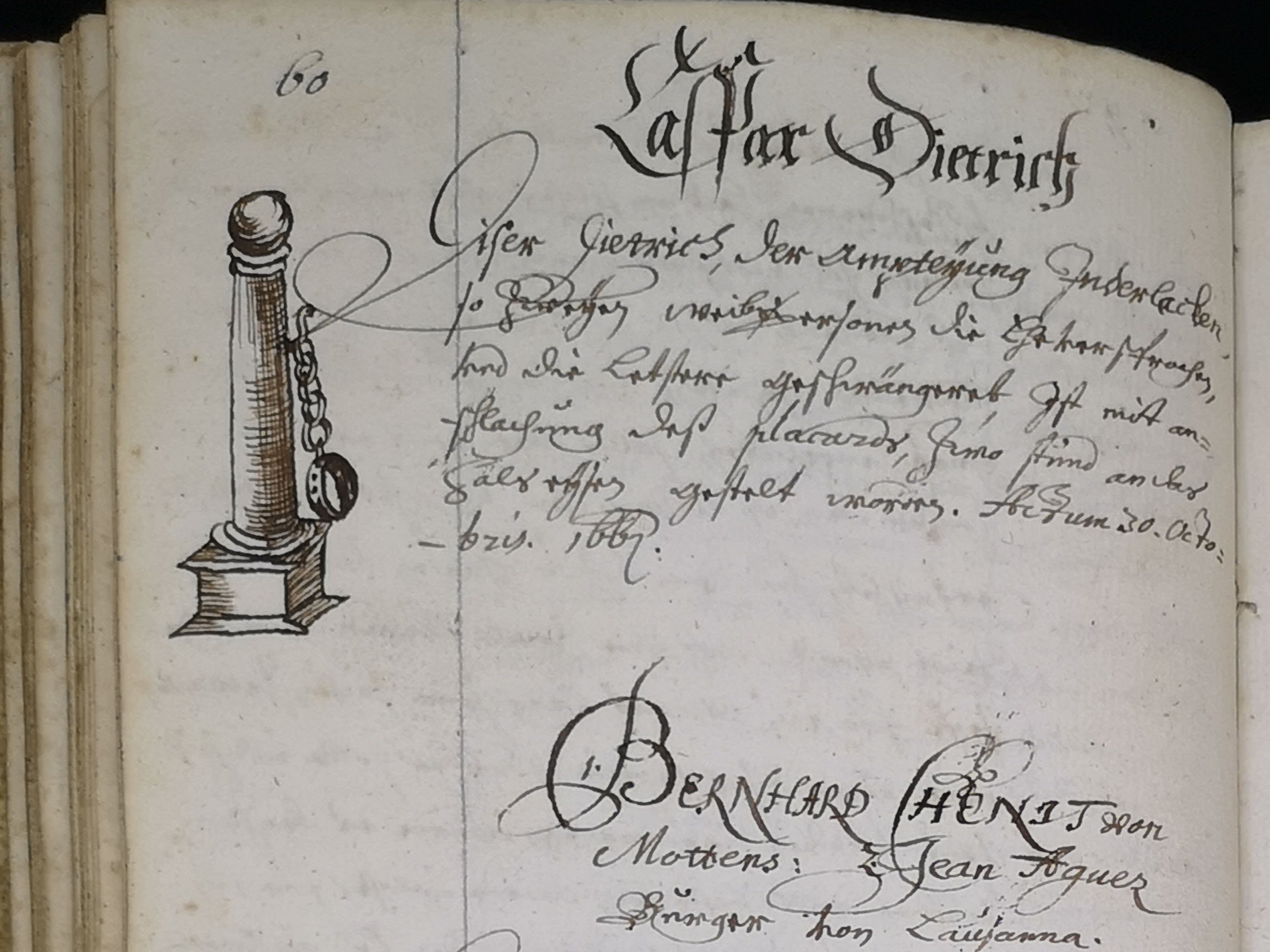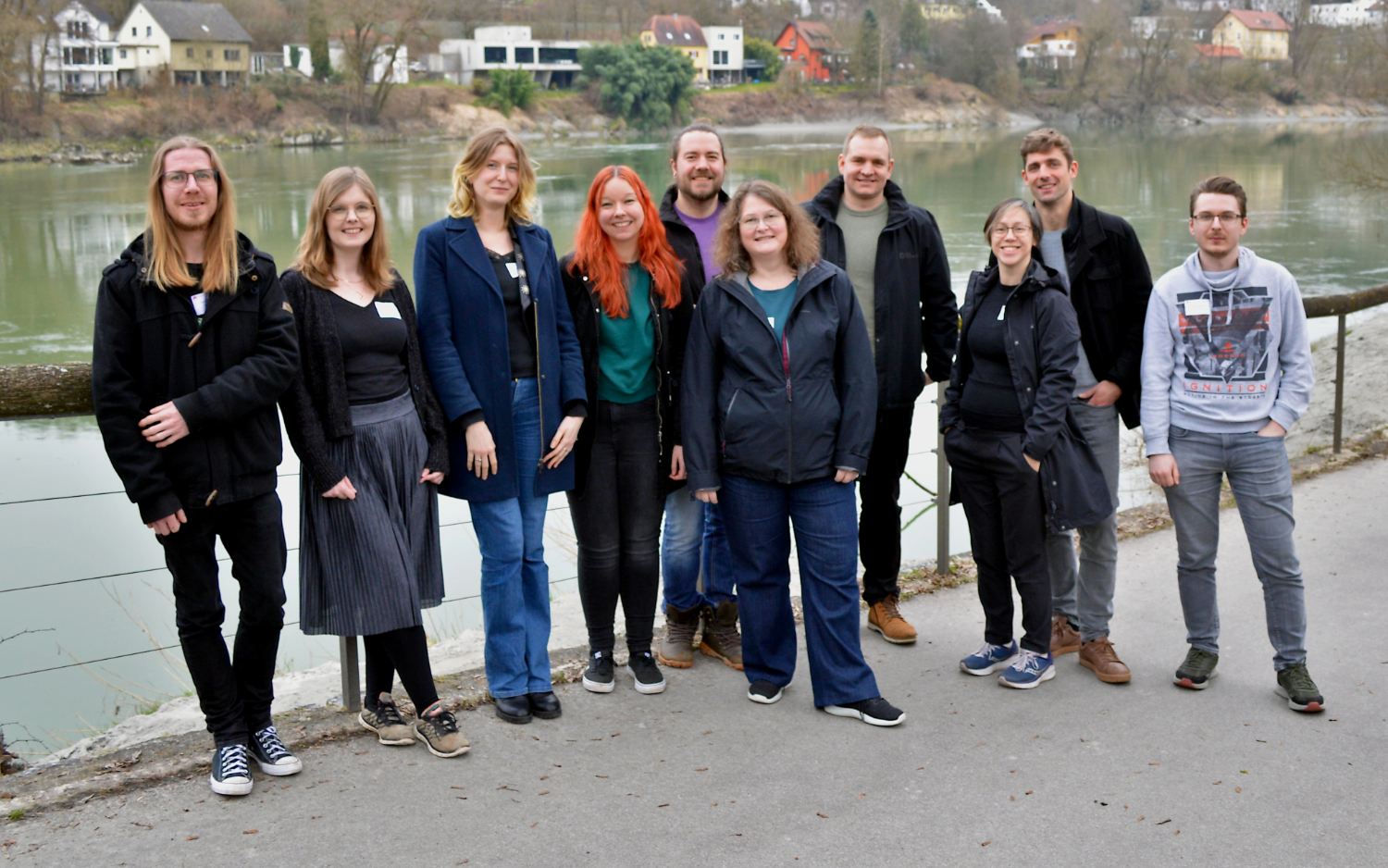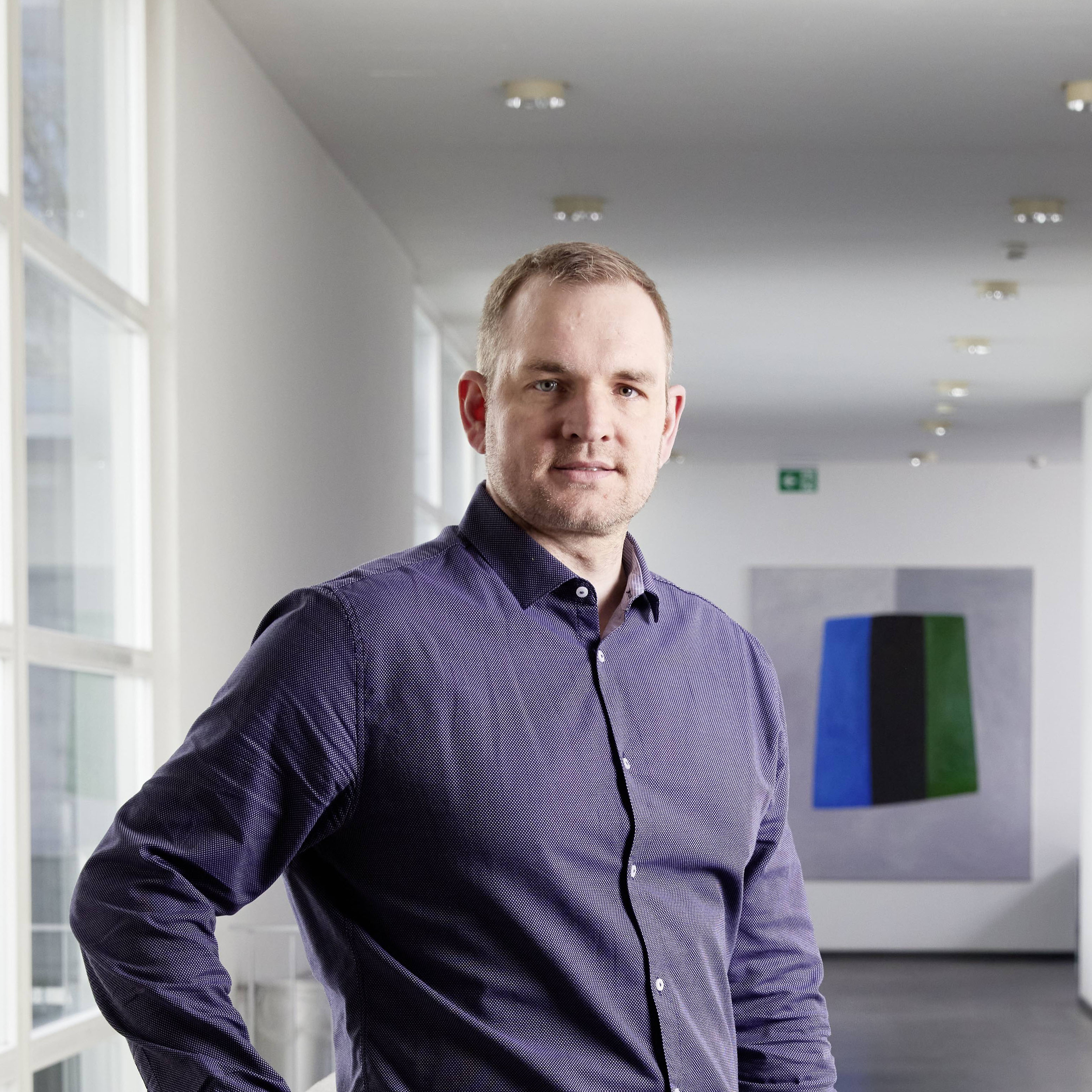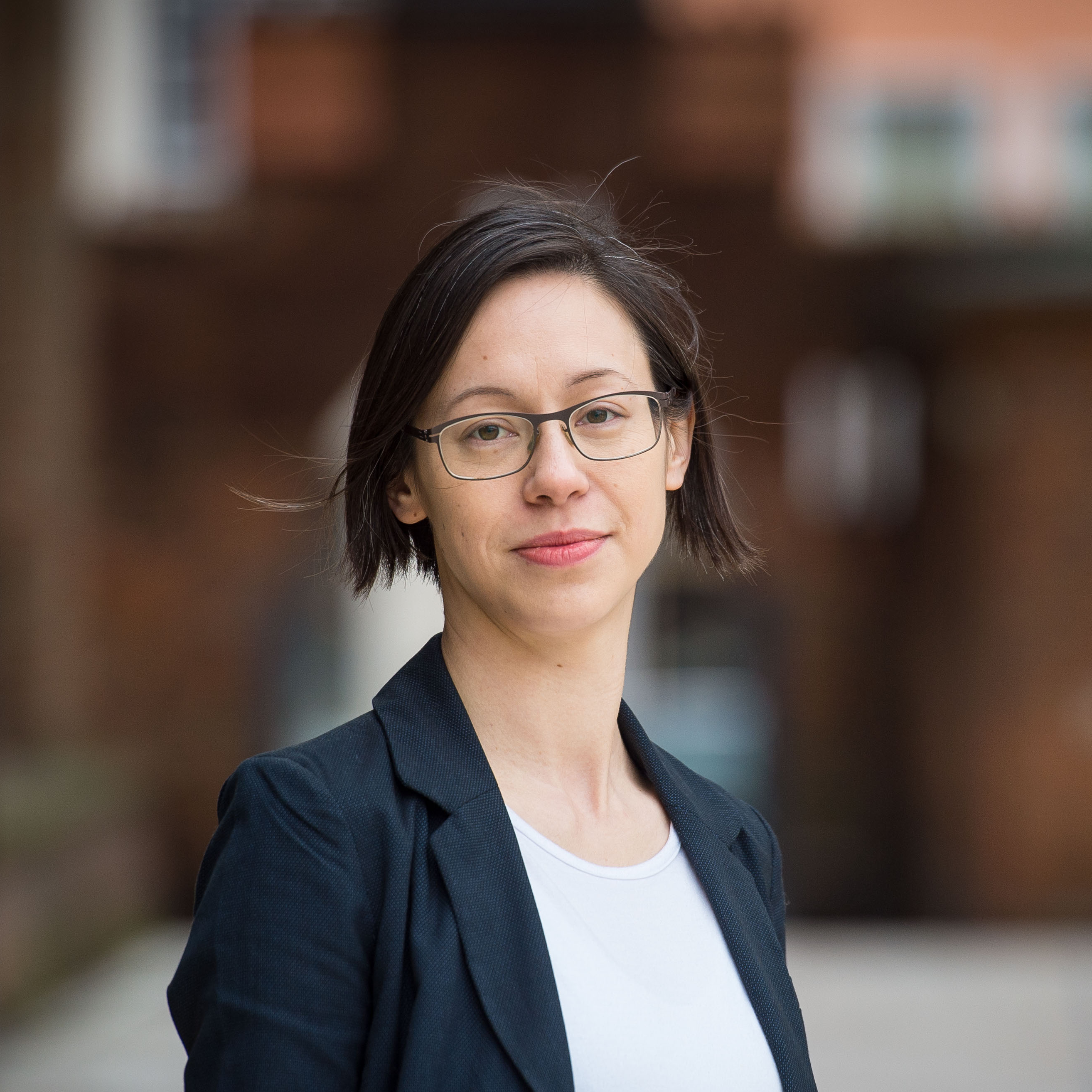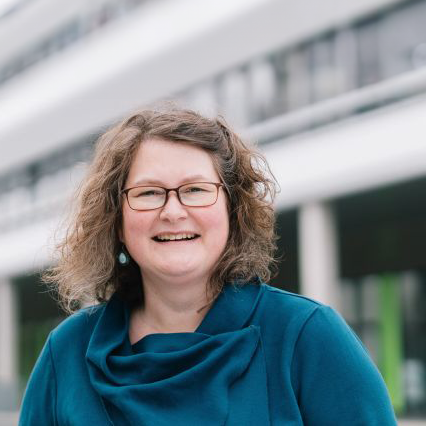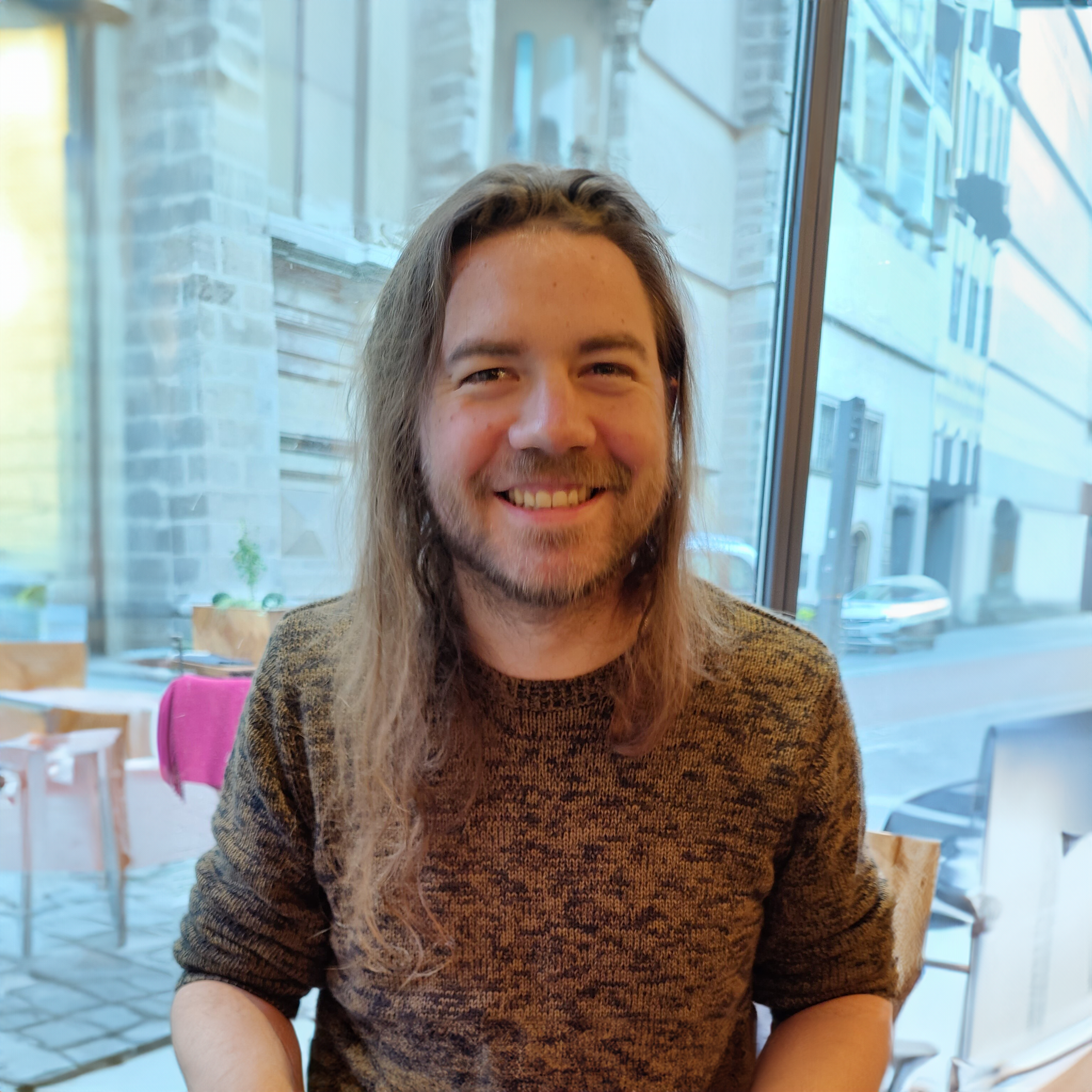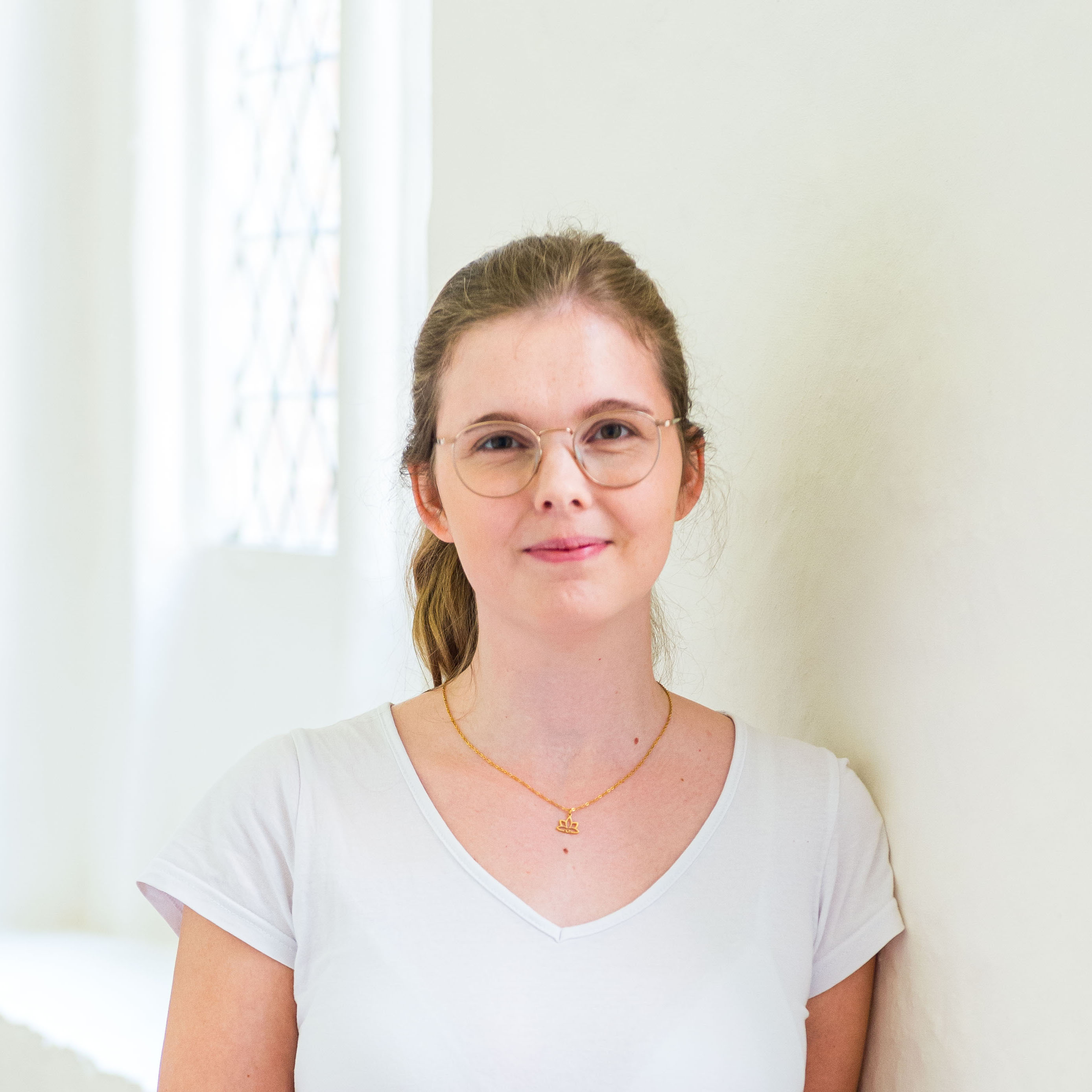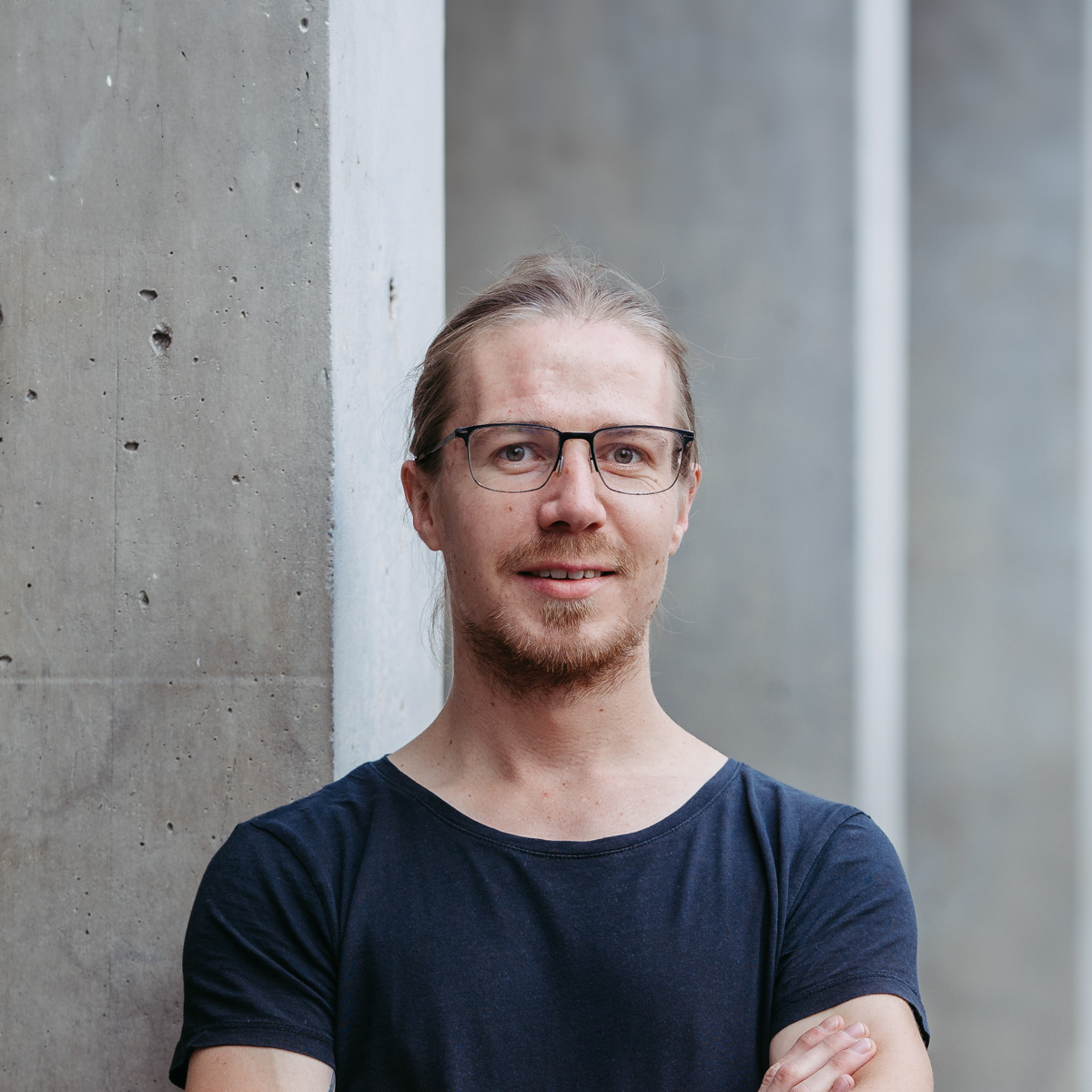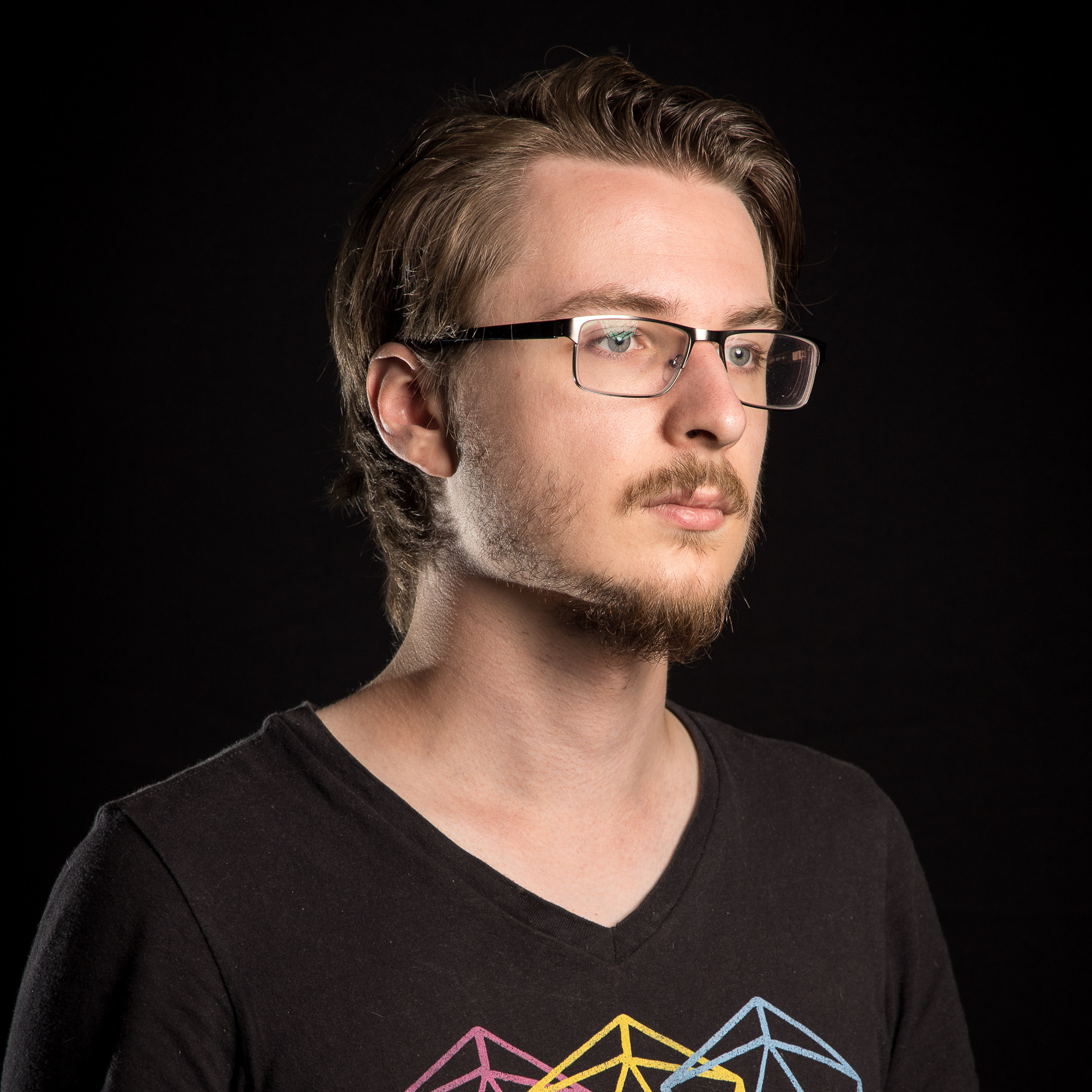The Project
The Flow - Advancing Historical Text Recognition and Analysis
Digitization is now an integral part of historical research. Historians and the humanities in general have much to gain from advances in machine-learning approaches that can transform text processing capabilities. However, their full potential remains largely untapped within the humanities. The tools and workflows to make use of new technologies are often only available to those who have a deep understanding of information science. Our project aims to bridge this gap by facilitating the widespread adoption and critical use of machine-learning technologies.
The Flow seeks to develop user-friendly digital workflows, making these powerful tools accessible to researchers beyond the realm of data scientists and coding experts.The project “The Flow” will develop more standardized digital workflows based on existing technology, making it easier for researchers to work with historical sources digitally. Through semi-automated processes and workflows established in the project, historians will be able to study longer time periods and gain a layered reading-based understanding of larger corpora of pre-modern manuscripts.
